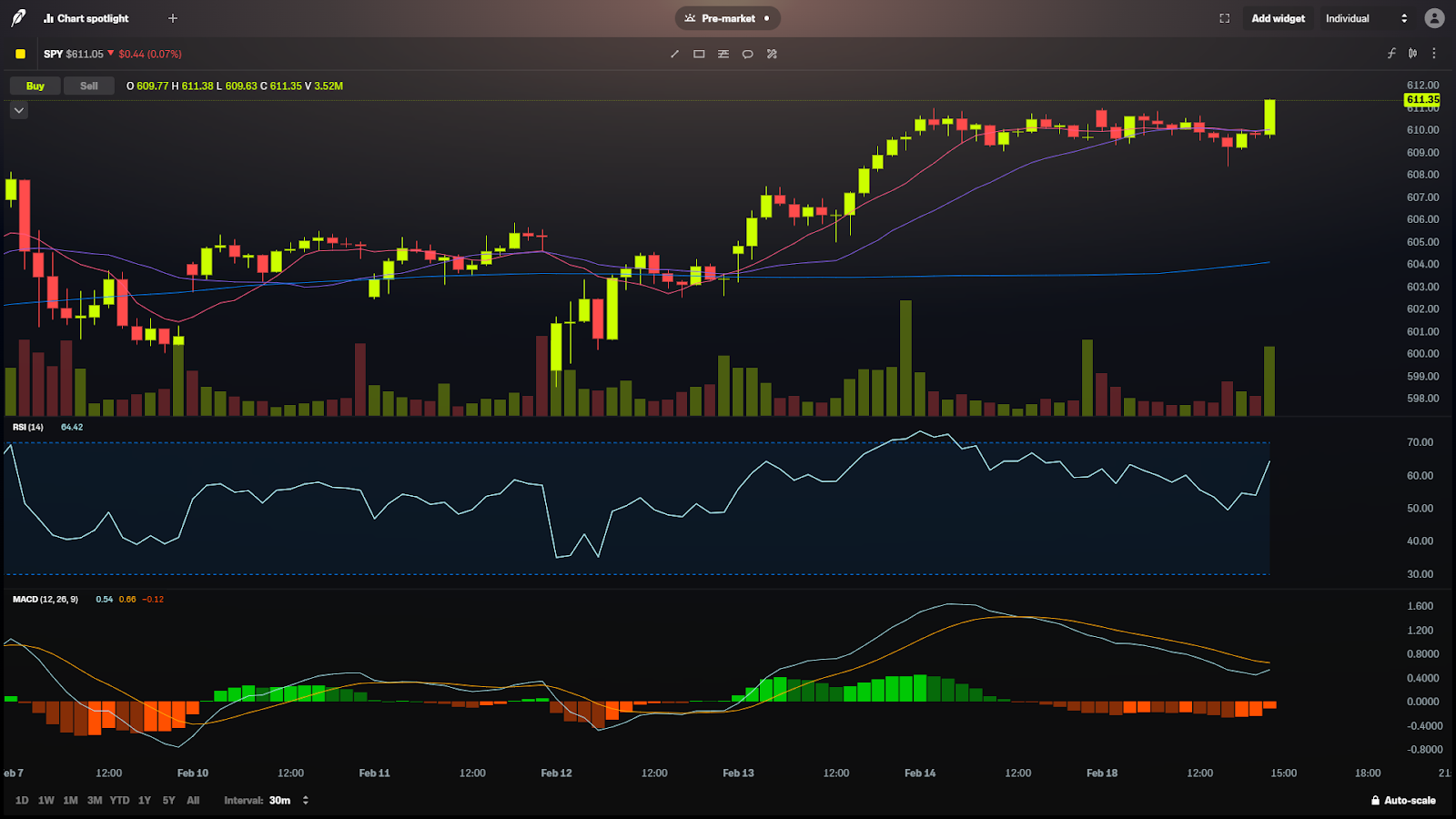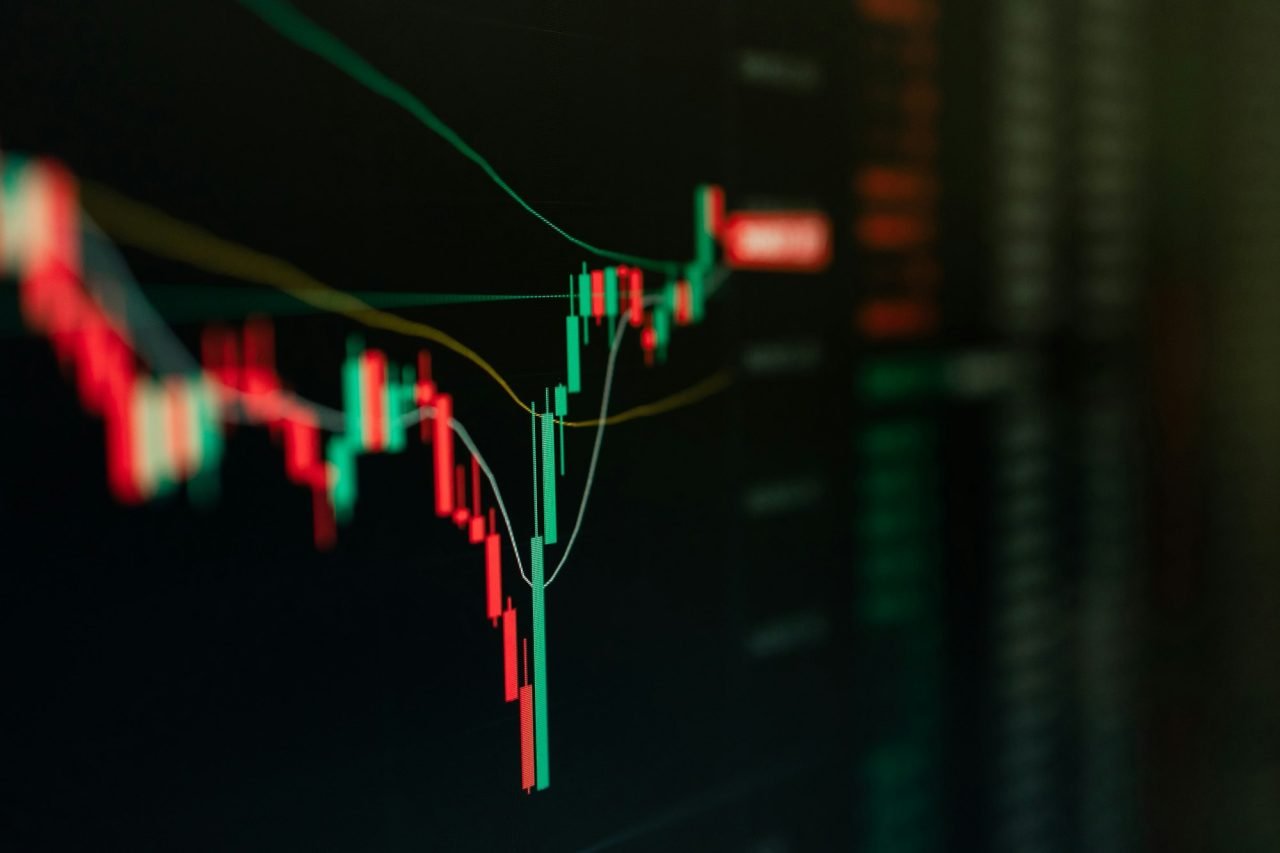
Introduction
In this lesson, we will explore the key participants who play a crucial role in the stock market. Understanding who these players are and what they do will help you navigate the market more effectively. From individual investors to major institutional players, each has a different impact on stock prices and market movements. Let’s dive into the roles of investors, market makers, and other key players.
1. Individual Investors: You and Me
Individual investors are everyday people who buy and sell stocks through brokerage accounts. These investors can vary from beginners to experienced traders, but they all share a common goal: to make a profit from their investments.
Types of Individual Investors:
- Retail Investors:
These are the average people trading stocks from home. Retail investors generally invest for the long term and typically buy and hold stocks, though some may engage in day trading or swing trading. - Active Traders:
Active traders are individuals who trade more frequently, using short-term strategies to profit from price movements. They may use techniques such as technical analysis or news-based trading. - Long-Term Investors:
Long-term investors, often referred to as “buy-and-hold” investors, purchase stocks with the intention of holding them for many years, usually aiming for steady growth or dividend income.
2. Institutional Investors: Big Players in the Market
Institutional investors include entities like mutual funds, pension funds, hedge funds, and insurance companies that trade in large quantities. These players have a significant influence on the market due to the sheer volume of their trades.
Types of Institutional Investors:
- Mutual Funds:
These funds pool money from many investors to buy a diversified portfolio of stocks, bonds, or other assets. Some mutual funds focus on growth, while others target income or stability. - Pension Funds:
Pension funds invest the savings of individuals for retirement. They manage large portfolios and often invest for the long term, focusing on stable returns. - Hedge Funds:
Hedge funds are typically riskier and more aggressive in their trading strategies, seeking to outperform the market through sophisticated techniques, including short selling and leveraging. - Insurance Companies:
Insurance companies invest premiums paid by policyholders to generate returns that help them meet future claims.
Impact of Institutional Investors:
- Institutional investors have more resources and expertise, allowing them to move the market. Their trades can significantly influence stock prices, especially in smaller-cap stocks.
- They also provide liquidity and stability to the market.
3. Market Makers: The Facilitators of Trades
Market makers are entities (usually large financial institutions) that help ensure there is always a buyer and seller for a particular stock. They facilitate the liquidity of the market by offering to buy and sell stocks at specified prices.
Role of Market Makers:
- Liquidity Provision:
Market makers ensure there is enough supply and demand for stocks. Without them, it would be harder to buy or sell shares quickly. - Bid-Ask Spread:
Market makers profit from the difference between the bid (the price at which they buy) and the ask (the price at which they sell). This difference is known as the spread.
Market Maker Example:
If you want to buy 100 shares of a stock and no other investor is selling them at your desired price, the market maker steps in, offering to sell you those shares at the current ask price.
4. Brokers: The Middlemen
Brokers are intermediaries between you (the investor) and the stock exchange. When you place a buy or sell order, it is the broker’s job to execute that order on your behalf.
Types of Brokers:
- Full-Service Brokers:
Full-service brokers offer personalized advice, research, and investment strategies. They are often used by investors who need expert guidance. - Discount Brokers:
Discount brokers, like Robinhood and E*TRADE, allow you to trade with lower fees but don’t offer as much personalized advice. These brokers are ideal for self-directed investors.
How Brokers Make Money:
Brokers earn money through commissions, fees, and sometimes even by directing your orders to specific exchanges or market makers (a practice known as payment for order flow).
5. Exchanges: Where the Action Happens
Stock exchanges, such as the NYSE and NASDAQ, are the platforms where all the buying and selling of stocks take place. They ensure that trades are executed in an orderly and efficient manner.
The Role of Exchanges:
- Market Regulation:
Exchanges regulate the buying and selling of securities to ensure fairness and transparency. - Price Discovery:
Exchanges facilitate the process of price discovery—where the price of a stock is determined by supply and demand in the market.
6. The Role of Analysts and Advisors
While not directly involved in buying or selling stocks, analysts and advisors play an important role in helping investors make informed decisions.
Types of Analysts:
- Sell-Side Analysts:
These analysts work for brokerage firms and provide recommendations to clients. Their job is to assess whether stocks are a good buy or sell based on research and analysis. - Buy-Side Analysts:
These analysts work for large institutional investors, helping them select investments for their portfolios.
Financial Advisors:
A financial advisor helps individuals plan their investments and retirement savings. They often guide investors toward stocks or mutual funds that match their goals and risk tolerance.
7. The Role of Government and Regulators
Regulatory bodies such as the Securities and Exchange Commission (SEC) in the U.S. play an essential role in maintaining the integrity of the market. These agencies oversee financial markets to ensure fairness, transparency, and compliance with laws that protect investors.
Key Regulatory Functions:
- Market Oversight:
Regulators monitor trading activity to prevent fraud, insider trading, and manipulation of stock prices. - Disclosure Requirements:
Companies must disclose financial information and other material events that could affect stock prices, ensuring transparency for investors.
Conclusion
The stock market comprises a diverse range of participants, each with their own role to play. Understanding the roles of individual investors, institutional investors, market makers, brokers, and other key players will help you navigate the market more effectively. Whether you’re a new investor or a seasoned trader, recognizing these key players will give you a deeper understanding of market dynamics and how to make smarter trading decisions.



